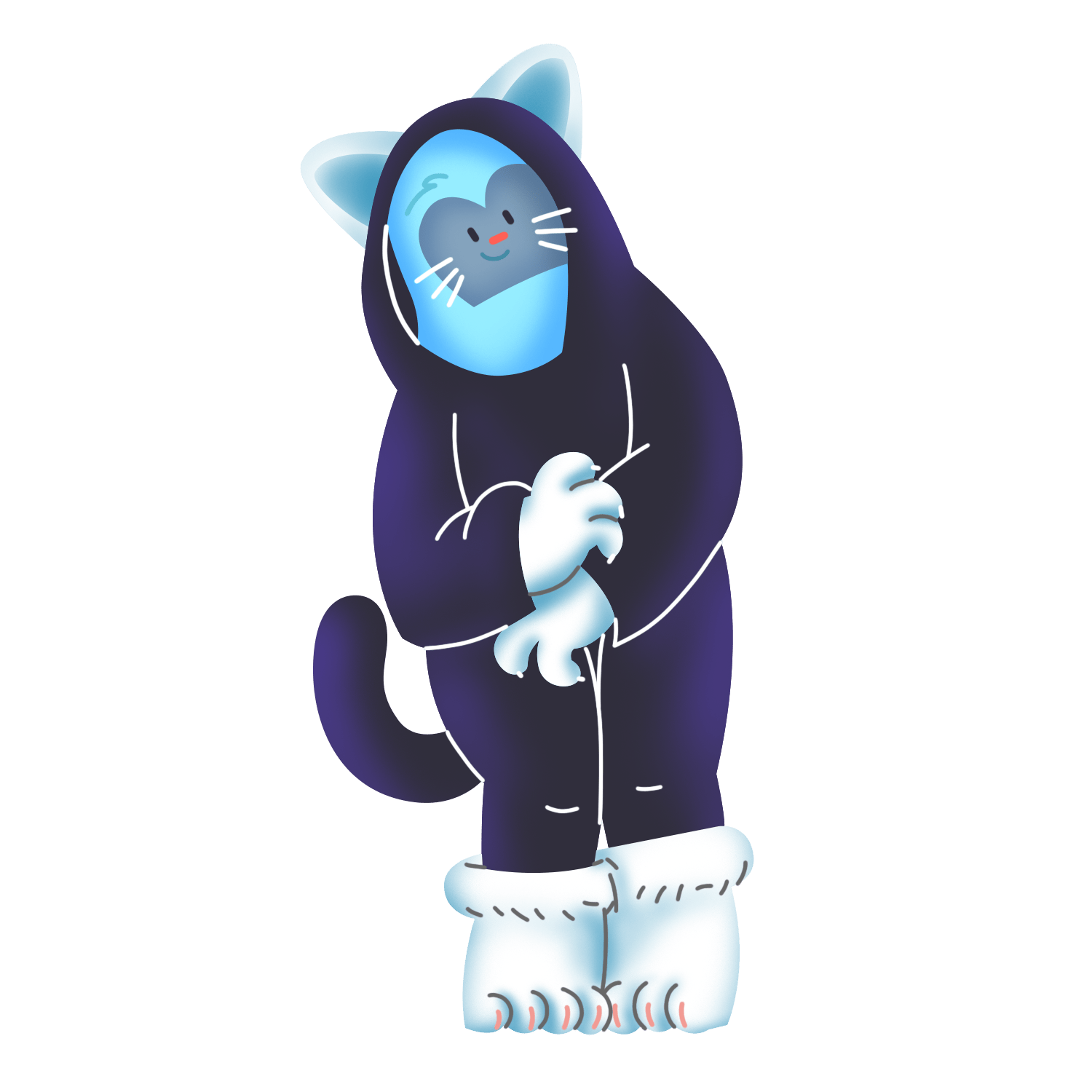What does a milkman and a copywriter have in common?
I’m not a milkman nor have I lived in the 50s. I have been a copywriter for almost a year. And I can share a bit of how a copywriter’s life goes in the modern century. Nowadays, most of our hours involves facing a computer screen, whether at home or at the office. We don’t carry pens and paper as much as we used to, unless we need something more physical to mimic our vintage creative processes. It’s difficult to not picture us with glasses for frequent eye movements and blue light exposure will inevitably lead to prescription eye wear. And most of the time, we start a project with a blank page and a few useless details (and for sure the client will ask for a revision later).
As for the milkman, all I know is they used to be an actual job in the 50s up until the 70s. When major supermarkets, refrigerators, and local shops became a more frugal choice, milkmen also became more expensive. The inevitable touch of capitalism affected the milkman’s vocation and, somehow, the people’s lives. There are countless accounts of stay-at-home wives having an affair with their milkmen (cue Benny Hill) and other ridiculous stories that milkman did or didn’t do. Nevertheless, being a milkman was a stressful day-to-day job, and so is copywriting. But these two have a lot more in common than we think. And it’s all because of the looming threat of technology.
What the Last Milkman Was Thinking
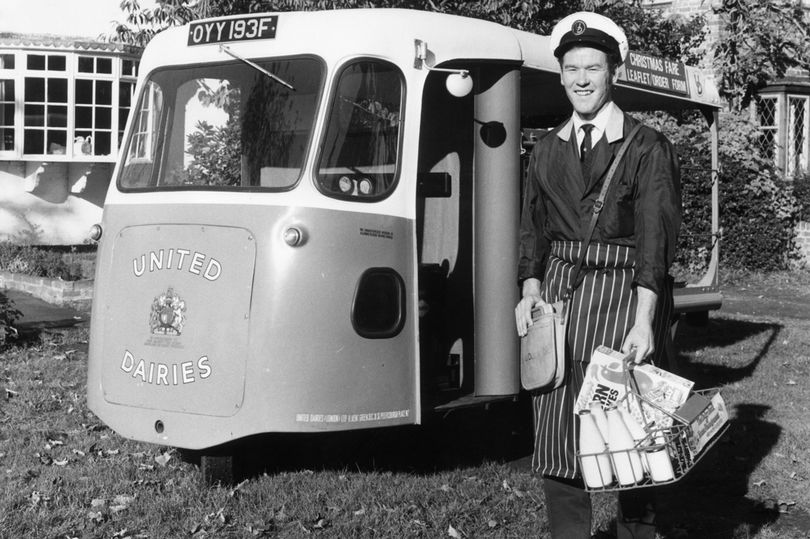
Source | Getty Images
So, it may not be completely possible for me to know what the last milkman was thinking. Again, I wasn’t born yet when they were at their peak of their extraordinary careers. But I think I could empathize when they said the milkman was getting replaced by ice boxes in grocery stores. It was the darkest afternoon for the wife and the milkman. And there is something concerning when society chooses something else over human interaction.
As filmmaker Jason Silva told Alex Knapp on their Forbes article ‘Jason Silva on Humans Turning Into Gods’ when asked about technology and its impact:
“Technology is, of course, a double edged sword. Fire can cook our food but also burn us.”
Nowadays, it’s not unusual to see people glued to their phones. On their train rides to work, people endlessly scroll on selfies, parties, and emotionally inducing articles, endlessly commenting on a conversation they will forget later on. The touch of technology has vastly changed the way we live. But isn’t seeing a person, talking and interacting with them the most valuable small thing of any person’s day? Does post-industrial economy demand such a sacrifice for technological advancement? Maybe. We can’t truly define the future of innovation like with artificial intelligence. But the last milkman probably thought: “I’d never thought I’d see the day when technology makes milk from an ice box more fresh than mine. I’ll be damned.”
When JPMorgan Made Copywriters Worry

Source | QZ
Earlier in August, JP Morgan announced that they signed a five year deal with Persado to make use of its machine learning tool. Apparently, Persado’s artificial intelligence and its copy garnered higher clicks compared to JP Morgan’s in-house copywriters. In one case, they matched up Persado’s copy which read: “It’s true—You can unlock cash from the equity in your home.” which attracted 47 visitors per week compared to the human writers’: “Access cash from the equity in your home.” which only captured 25 visitors per week.
This partnership made multiple copywriters worry that I couldn’t avoid the buzz in all my social media accounts. On Reddit and Facebook, I joined multiple copywriter groups and followed popular local and global copywriters who teach on the side. Apart from my boss, these platforms gave me ferocious tips and tricks whenever necessary. And even the copywriter communities couldn’t stop talking about JP Morgan and their decision. It lasted for about a week. Some copywriters criticized alarmist headlines as they claimed copywriters were already being replaced or are doomed to be replaced in a few years. JP Morgan assured that the decision didn’t change nor alter their infrastructure. But copywriters knew something was up, like they drank milk left in the fridge for quite some time, doomed for late night stomach aches.
The anxiety didn’t leave out other jobs. News articles published lists of possible occupations that could be replaced by artificial intelligence—from drivers and bank tellers, to doctors and, of course, journalists. JP Morgan’s reputation for being a pioneer company in dealing with tech did not go unnoticed. Every industry wanted artificial intelligence to fit in. Even if I work remotely at home, the copywriter’s anxiety was very palpable. I even felt my own building up.
Enter Artificial Intelligence

Source | Getty Images
“Persado’s technology is incredibly promising. It rewrote copy and headlines that a marketer, using subjective judgment and their experience, likely wouldn’t have. And they worked.” said Kristin Lemkau, chief marketing officer at JPMorgan Chase
The artificial intelligence functions on a language learning behavior by studying a database of 1 million words scored for emotional appeal. Further details of the agreement between Persado and JP Morgan are not yet known, but indeed, it’s not only JPMorgan Chase who have been using artificial intelligence. The New York Times and Yahoo have been said to use artificial intelligence occasionally. In Persado’s website, some companies like Dell, Microsoft and American Express use their message machine service.
Even I can’t deny that some form of artificial intelligence help me get the job done. Tools like spell check, word count, and plagiarism checkers have always been used in the copywriting industry. Likewise, I myself use title capitalizers (whenever I’m too tired to think of APAs and whatnot) and headline analyzers to give me a rating, based on a particular metric like emotional appeal, and make sure my titles are worth it. Indeed, technology is an integral part of our day-to-day activities. And artificial intelligence will eventually find its place. To turn a blind eye is to turn away from technological advancement.
The Alan Turing Test
“I propose to consider the question, ‘Can machines think?’”
On his paper ‘Computing Machinery and Intelligence’, Alan Turning, the almighty inventor of computers, questioned the ability of computers, or machines specifically, to think. He proposed The Imitation Game where a person evaluates two text-based conversations. Between the two choices, one is a machine and one is a person. The games removes voice and tone to eliminate bias. And the machine doesn’t necessarily have to answer correctly. It passes as long as the evaluator can’t differentiate a machine and a person through texts.
The Imitation Game has been referenced by millions of developers and copywriters. It even spawned a Benedict Cumberbatch movie based on Turing’s life. Nowadays, artificial intelligence has gone so far that we can even talk to it. Alex, Siri, and Bixby have become so common, that it emerged as a new channel for marketing, roughly changing the way copywriters could do SEO by integrating voice search into business omnichannels. Voice searches are different from text searches and truly, it’s still too new for it to work completely flawless.
Turing concluded his 1950 paper by saying that there’s more that needs to be done. After more than 60 years, the same conclusions have been appearing. Pioneers investigate with experimentations and short-term results but more and more concerns appear left and right. From ethics to economical standards, challenges are aplenty. So, Turing wasn’t necessarily wrong when he said—
‘We can only see a short distance ahead, but we can see plenty there that needs to be done’
An Expert’s Thoughts on Artificial Intelligence
One triumphant case for artificial intelligence is a short-term victory. What would happen if the whole world used it at the same time for the same purpose? Looking through my Facebook groups, my fellow copywriters can’t help but question the implication. One prominent guru, who’s name I will not disclose, said that for AI to completely take over our jobs will impose further challenges for advertising. There is such a thing as market resistance. Our current ads, slogans, and headlines may give people satiety, reading the same thing over and over again rendering the copies ineffective. Indeed, the market will eventually get tired of that urgency-inducing copies. And copywriters question whether artificial intelligence can detect that market resistance.
Can we program artificial intelligence to feel what the world feels? The genesis of hashtags and memes from the younger generation attests to this. Popular searches and events spread at an astounding rate, and new catchphrases are coined in a blink of an eye. Words can take over a new meaning overnight. Take for example #LeftShark. A Super Bowl Halftime Performance from one of Katy Perry’s backup dancers, dressed in a shark costume and staged to left, made a couple dancing mishaps. This lead to the birth of Left Shark, a tentative persona for the world to laugh at and imitate. Left Shark Twitter accounts, articles, and searches boomed after Super Bowl performance.
If artificial intelligence is capable of writing more efficiently as humans, can it detect our merriment faster than we realize that we find a fully written article on Facebook long before Buzzfeed writes their own?
Artificial Intelligence History of Mishaps

Source | sturti | iStock
And that’s not all. Copywriters question the ability of artificial intelligence to become philosophical, ethical, and moral. Elon Musk-backed company OpenAI declined to release an AI text generator. The artificial intelligence learns through the internet, and we all know that social media isn’t exactly a wellspring of kind words. OpenAI recognized the possibility of their text generator to produce malicious content that they ultimately decided against its release.
“We’re not saying we know the right thing to do here, we’re not laying down the line and saying ‘this is the way’ … We are trying to develop more rigorous thinking here. We’re trying to build the road as we travel across it.”
OpenAI said that since the generator trains from the internet, it is not difficult for people to encourage it to say bigoted, inflammatory words. This is similar to Microsoft’s Tay, the infamous chatbot that got suspended after 16 hours. Tay, short for Thinking About You, was based off China’s Xiaoice. Both are an artificial intelligence project that determined how AI learns text generation through Twitter. Inevitably, Microsoft had to shut down the bot due to it learning and tweeting offensive language. An apology and a blog post from Microsoft came the day after.
Microsoft described the Tay controversy as a learning experience. It inevitably became a discussion of proper AI use and ethics from a major company. Cybersecurity Field CTO Diana Kelley recognizes the importance of building AI with diversity in mind. An imposing social responsibility is tied with AI development. She quotes:
“Looking at AI and how we research and create it in a way that’s going to be useful for the world, and implemented properly, it’s important to understand the ethical capacity of the components of AI.
A Survey of Artificial Intelligence in Companies
Some experts argue that our perception of artificial intelligence determines its successful results. MIT Sloan Management Review and Boston Consulting Group released a survey that questions company perception of AI. Those who view AI as a tool or as a product to increase sales, reduce costs, or create projects finds no resulting benefits and ultimately fails to gain the positive results AI is promised to bring. Some companies see little to no benefit once they introduced AI to their operations simply because they were asking AI to do the same thing they were supposed to be doing. Over 40% of companies have yet to report any financial gain from AI use. Some believe that AI impact will take years before it would make a difference. But overall, the failure came from companies using AI as a product.
They argued that artificial intelligence should be used to revamp business practices. Artificial intelligence projects are commonly left abandoned probably due to the perception that AI can handle the job by itself. While efficiency and content correctness wasn’t mentioned, they concluded that artificial intelligence perception affects the success of AI projects.
Copywriters and Artificial Intelligence Will Share a Work Desk
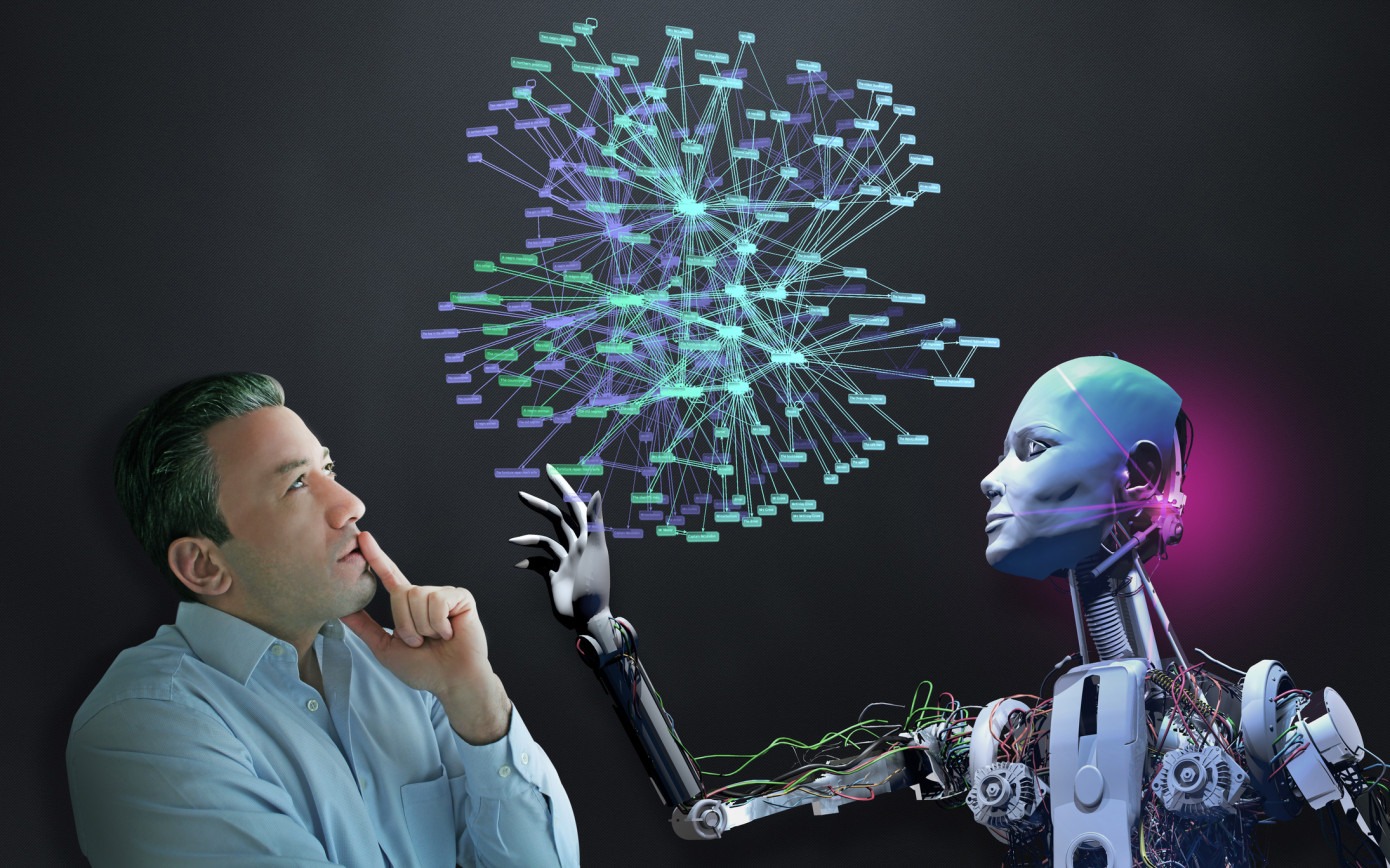
Source | devrimb | Getty Images
Alan Turing mentioned Lady Lovelace in his paper, her saying “The Analytical Engine has no pretensions to originate anything. It can do whatever we know how to order it to perform. He emphasized that those were her italics. It’s no doubt that we have a long way to go when it comes to artificial intelligence. Our perceptions and expectations come from different places. When it comes to text generation, artificial intelligence undoubtedly has more speed yet content is left for the future. Even scientists said that AI cannot become completely human—a similar sentiment of most copywriters.
So, I stir my cup of coffee and add fresh milk from the refrigerator. As I mused about the possibilities of artificial intelligence, I come across an interesting article: “The milkman is back – and it’s all thanks to David Attenborough”. Apparently, plastic use and pollution has made such an imposing challenge that some supermarkets and local residents opt to hire a milkman again. According to the article, the wave started in 2017, some in the United Kingdom. And that some people even missed the milkman.
Technology should always share the world humans, not rule over them. Resulting post-industrial problems—like plastic pollution—would make us remember why we need to act as humans first. I personally think that copywriters and artificial intelligence both have a place in the industry. They will share the work desk, helping each other complete their tasks. As I sip my coffee with milk, I find the energy the write again. And so, I open a blank page.
Copywriters are important to any brand. Don’t miss out on their talent by pairing their amazing copy with amazing visuals. Dotyeti offers unlimited graphic design services for a flat monthly fee. Sign up and get started for as low as $449 a month!

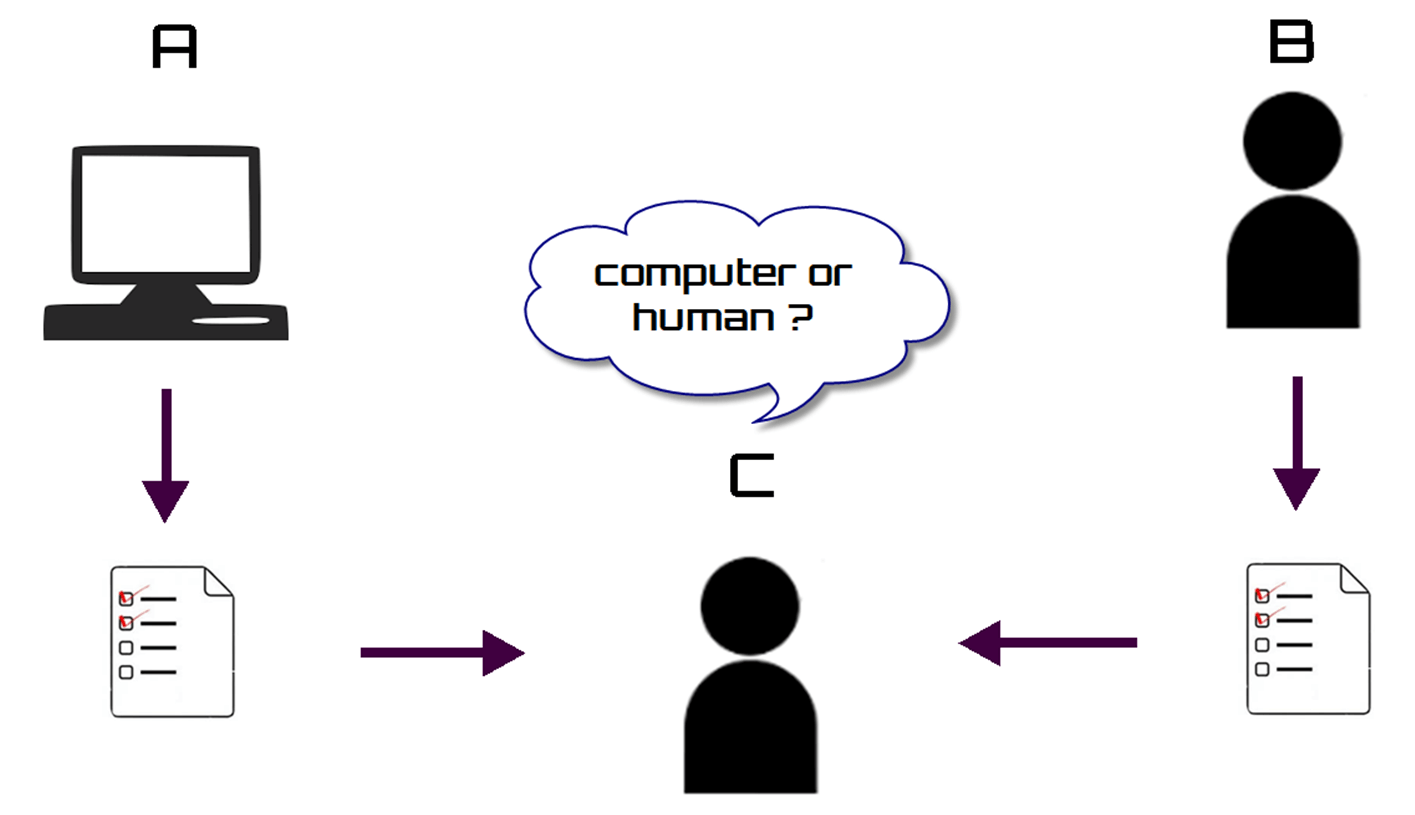
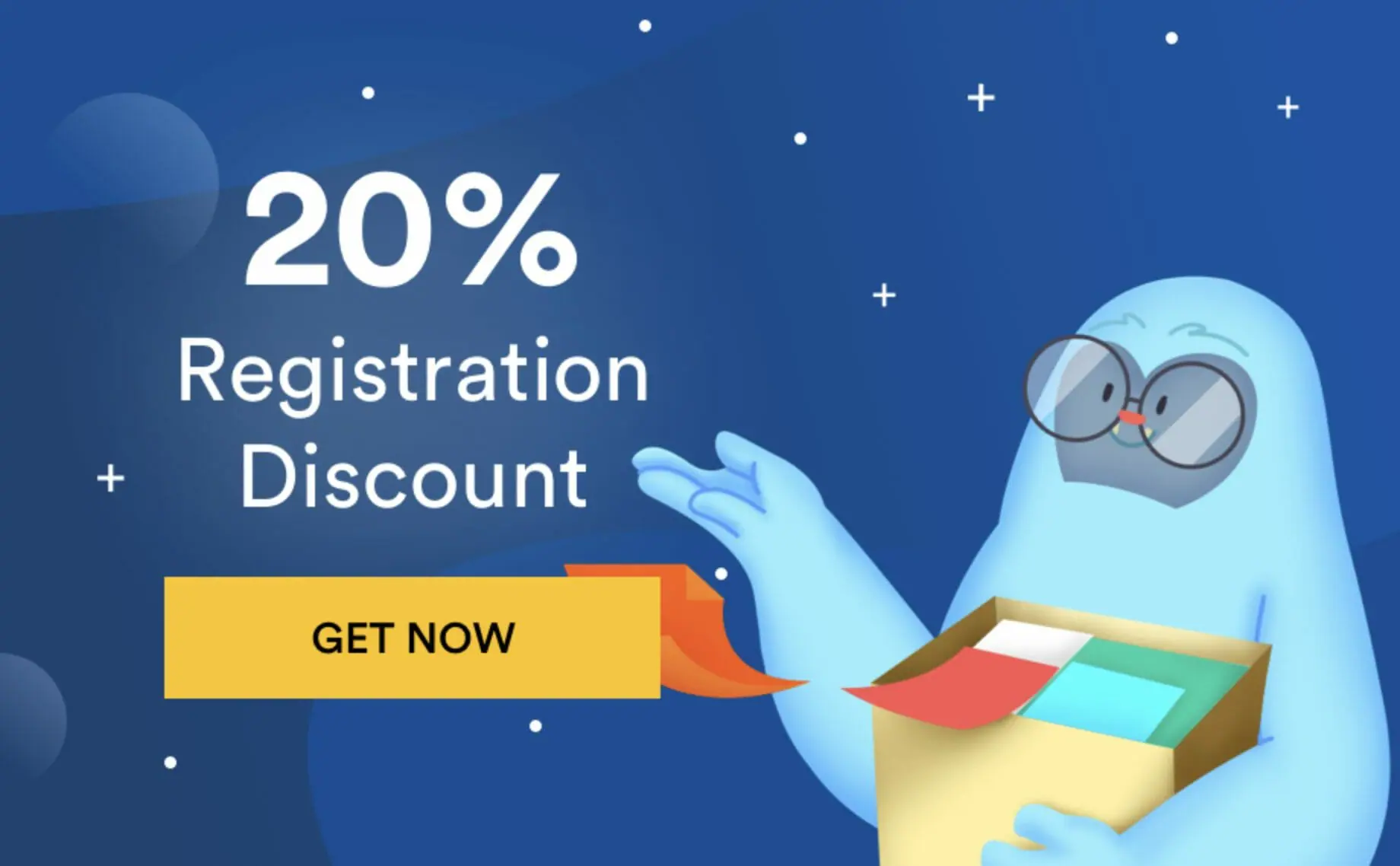

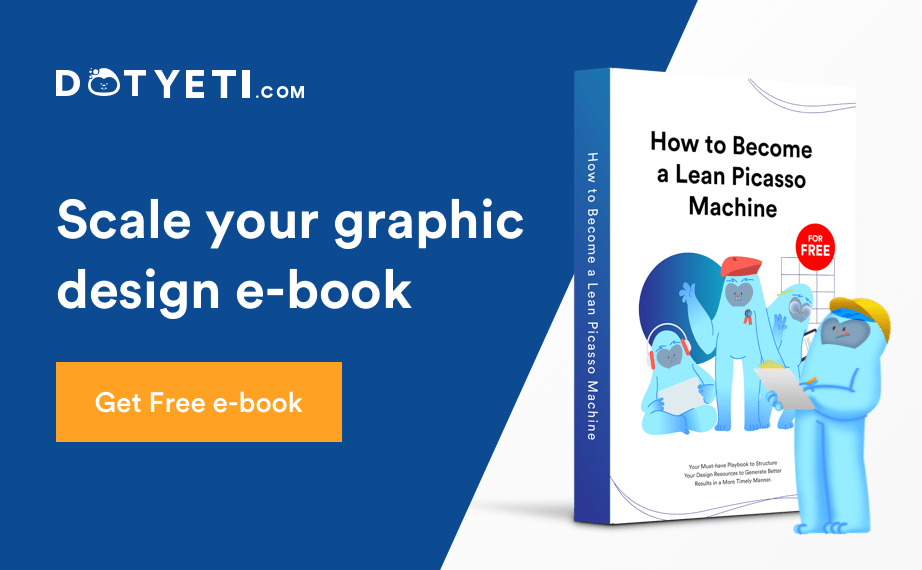
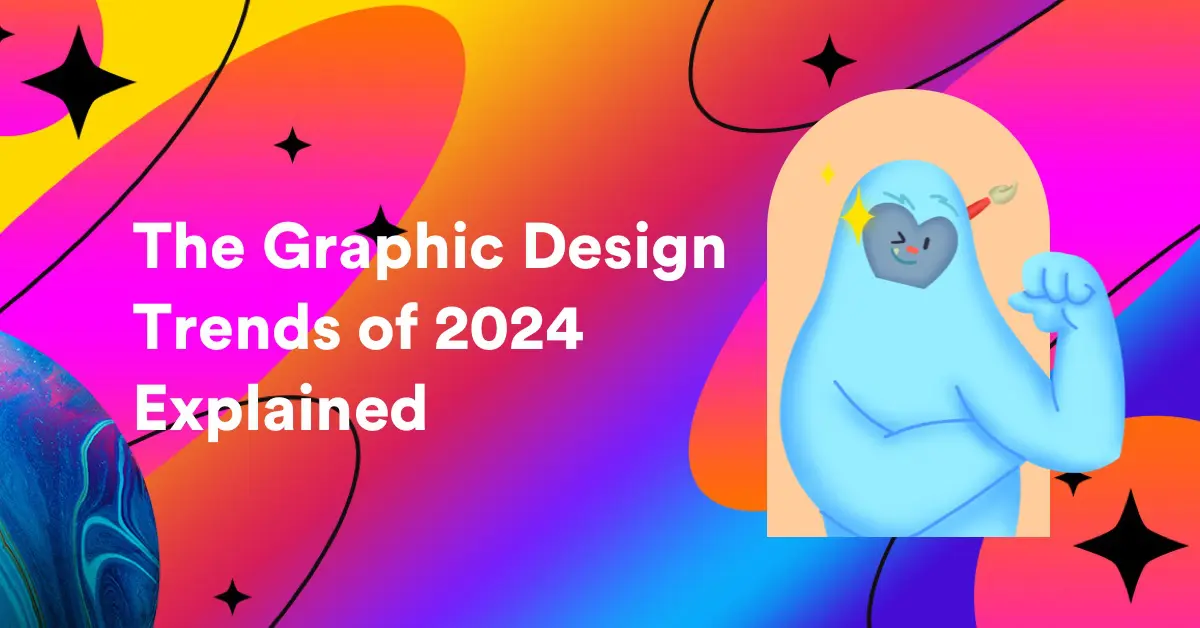
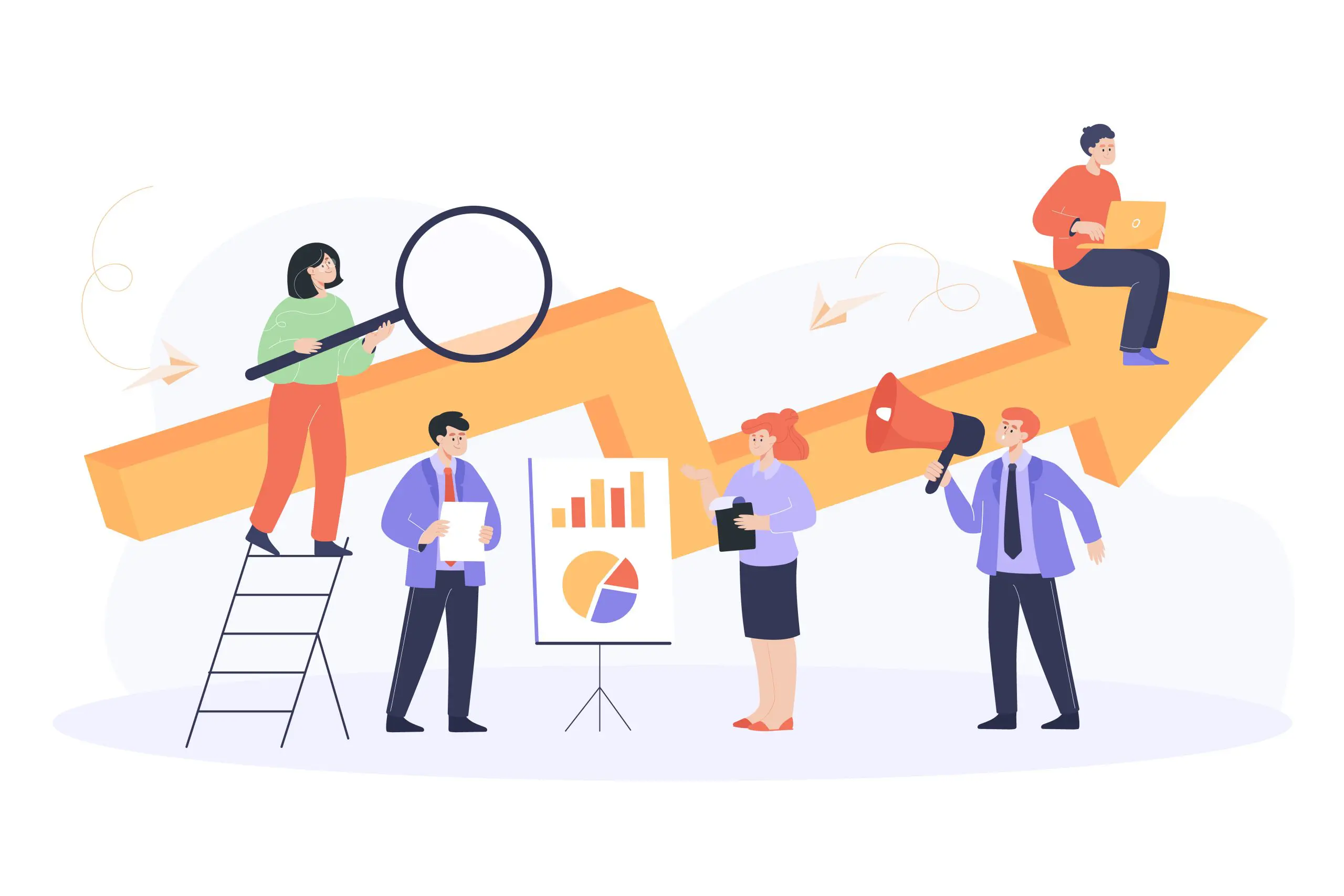
![[UPDATED] Why DotYeti is The Best Graphic Service Provider in 2024](https://www.dotyeti.com/wp-content/uploads/2022/01/2022-2.jpg)
